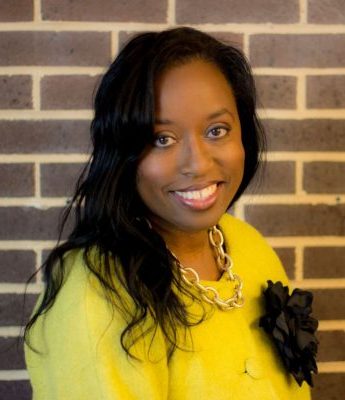
Today’s students labor in what can only be described as information overload. In the online environment, one need not be a veteran or expert in a given field to present information related to that field. Instead, there are ample platforms—such as the wikis—that allow users to assert their dubious expertise, and can prove daunting to a 21st-century learner in the midst of researching and writing.
In light of this overload of information and questionable sources, what guidance can today’s educators offer students? We can begin with three key tenets: Help students understand the difference between research and an internet search, provide guidance on citing sources, and aid them in cultivating writing skills (with a focus on clarity).
1. Research vs. internet search
Educators should preface any research or writing lesson with a discussion of the difference between research and simply searching the internet. They should also teach students to see search engines for what they are: products created to do a job, pulling from reputable and not-so-reputable sources. Search engines are not an objective one-stop shop. Algorithms play a huge role in what search items are returned first, and what items are relegated to the second and third (and later) pages of an internet search.
I urge educators to vary the search engines that they use in class. In that vein, I’d personally love it if educators replaced “Let’s Google it” with a broader “Let’s perform an internet search.” This reminds students that they are searching platforms, and the impetus to vet the resources is on them.
Understanding that researchers utilize scholarly databases and vary their sources is also key. Researchers carry the burden of vetting their sources, weighing which ones are reliable and which ones are less reliable. Frankly, this requires critical thinking skills and a willingness to critique those who take an expert stance. Students must stand by their sources and be willing to explain how and why they chose them.
Read: To improve writing instruction, help teachers understand it
2. Cite sources
A 21st-century learner understands what information is not their own, cites their sources and values intellectual property. This is a crucial step as there is a fine line between using research and plagiarism. This is especially true when using images from the internet. Luckily, there is a move to make citations easier, as digital citation makers abound and many platforms automatically include citations when pasting information or images.
3. Cultivate writing skills
Educators must help students cultivate writing skills—and pay homage to sources without borrowing unduly or with a heavy hand. To be a wordsmith is to be a creator, and that is the point of any research and writing task. Ultimately, the ability to weave together multiple vetted sources, synthesize information, and create a new piece of writing and research is the hallmark of the 21st-century student.
Ultimately, the ability to weave together multiple vetted sources, synthesize information, and create a new piece of writing and research is the hallmark of the 21st-century student.
What does this guidance look like on a daily basis? It looks fluid and may take many forms, but I urge educators to take small, incremental steps. As a former reading specialist, I have taught hundreds of students to write and to love writing. This work continues today. As an adjunct professor, I help my graduate students on their writing journeys. Our role as educators is to help students understand the research process, the importance of citing sources, and the skills they must cultivate as writers.
Rosalyn Washington is a digital learning specialist for literacy and an adjunct professor of education. She is always eager to talk about literacy, young children, educational policy, ed tech, research and data (not necessarily in that order). Washington was a featured speaker for FETC.

